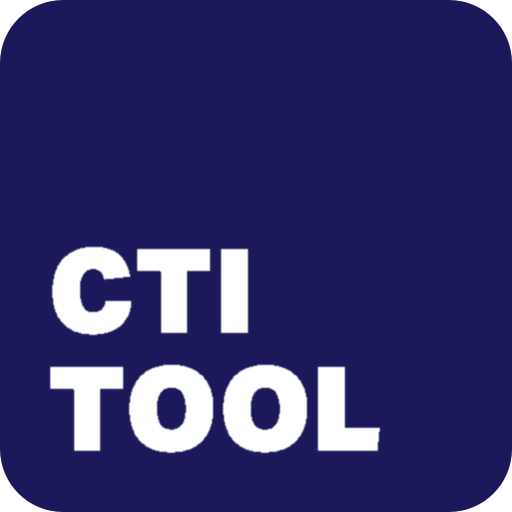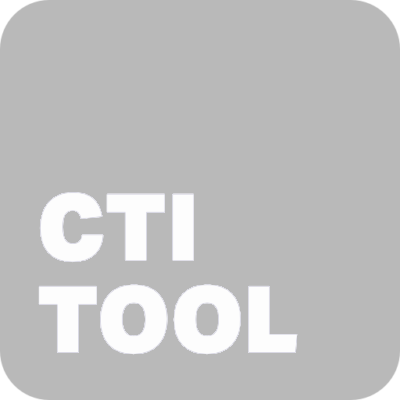Crafting a Corporate Sustainability Strategy:
Comprehensive Guide
Circular IQ’s CTI Tool is the WBCSD endorsed software tool for effectively measuring CTI and leveraging these insights.
Introduction
In today’s business landscape, having a corporate sustainability strategy is not just a nice-to-have; it’s a necessity. Companies are increasingly recognizing the importance of integrating social, environmental, and economic considerations into their business models. But how do you go about creating a robust corporate sustainability strategy that aligns with your business goals? Let’s delve into the key components.
Understanding the Three Pillars of Corporate Sustainability
The foundation of any corporate sustainability strategy lies in balancing the three pillars: social responsibility, environmental stewardship, and economic viability. Companies need to contribute positively to the communities they operate in, minimize their environmental impact, and remain economically viable to ensure long-term success.
The Importance of the Circular Economy
Understanding “what is the circular economy?” goes beyond its definition. It offers a sustainable alternative to the current linear model, which is increasingly proving to be unsustainable. The circular economy concept has three key impact areas:
Aligning Sustainability Goals with Business Objectives
One of the most critical steps in crafting a corporate sustainability strategy is aligning it with your overall business objectives. This alignment ensures that your sustainability initiatives are not just standalone projects but are integrated into the core of your business operations. Challenges may arise in aligning these goals, such as resource allocation or stakeholder resistance, but the long-term benefits far outweigh the short-term hurdles.
Identifying Material Issues
One of the most critical steps in crafting a corporate sustainability strategy is aligning it with your overall business objectives. This alignment ensures that your sustainability initiatives are not just standalone projects but are integrated into the core of your business operations. Challenges may arise in aligning these goals, such as resource allocation or stakeholder resistance, but the long-term benefits far outweigh the short-term hurdles.
Setting targets and KPIs
Once you’ve identified the material issues, the next step is to set measurable targets and Key Performance Indicators (KPIs). These metrics will serve as the yardstick for assessing the effectiveness of your corporate sustainability strategy.
The Role of CTI Tool in Your Corporate Sustainability Strategy
Crafting and implementing a corporate sustainability strategy is a complex task that requires robust data analytics and reporting capabilities, across the three pillars mentioned. This is where CTI Tool comes in to organize, measure and improve your performance in the environmental stewardship-part.
Our platform offers comprehensive material accounting features that help you track your performance across various sustainability metrics. Whether you’re looking to reduce your carbon footprint, improve material composition or increase reuse, refurbishing and recovery of products, components and materials, CTI Tool provides the insights you need to make informed decisions.
Conclusion
Creating a corporate sustainability strategy is a multifaceted endeavor that requires a balanced approach to social, environmental, and economic considerations. With tools like CTI Tool, you can simplify this complex process and ensure that your circular economy strategy is not only robust but also aligned with your overall business objectives.
Take the Next Step in Your Circular Journey
Ready to make the CEAP's ambitious visions a reality? Sign up for a free CTI Tool account today and take the first step in revolutionizing your approach to sustainability.
Contact Roy for more info
Book a meeting or connect via linkedin




